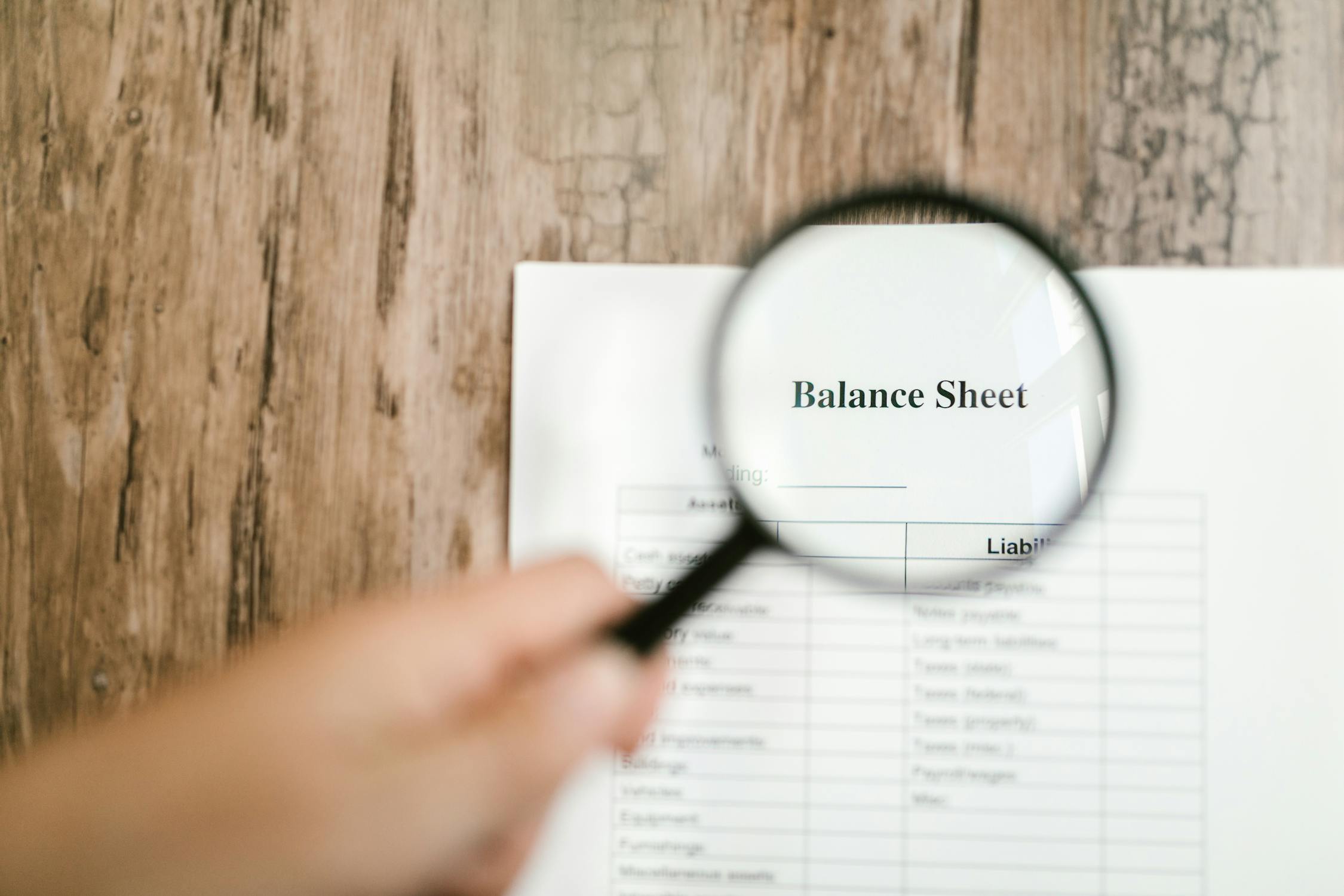
In the current economic landscape, still characterized by potential recession risks in the US, it is paramount that we take full control of our personal finances. One powerful tool that empowers individuals to manage their financial situation effectively is the personal balance sheet.
In this article, we delve into the importance of having a comprehensive balance sheet and provide detailed insights into the key elements that should be included.
The Role of a Personal Balance Sheet in Financial Management
A personal balance sheet serves as the cornerstone of sound financial decision-making. It provides a holistic view of your financial health, enabling you to make informed choices, better allocate resources, and strategically plan for the future.
While it may be an overkill for most people, as a crypto trader you will want to know how your total net worth changes. That can among other things have a lot of benefits for your trading mindset, as it puts the importance of individual trades into perspective.
But even if you are more of a long-term holder than trader, by regularly updating and analyzing your balance sheet, you gain a clear understanding of your financial position, identify areas for improvement, and make adjustments accordingly.
Key Components of a Personal Balance Sheet
Assets : Capture all your assets, both tangible and intangible, in this section. This includes cash, savings accounts, investments (crypto, stocks, bonds, mutual funds), retirement accounts (401(k), IRAs), real estate (primary residence, rental properties), vehicles, valuable possessions, and any other assets you own. Assigning realistic values to each asset ensures accurate representation of your net worth.
Liabilities : Outline all outstanding debts and financial obligations in this segment. Include mortgage loans, student loans, credit card debts, auto loans, personal loans, medical debts, and any other liabilities you owe. Each liability should be categorized alongside its corresponding outstanding balance, interest rate, and repayment terms.
Net Worth : Calculate your net worth by subtracting your total liabilities from your total assets. Net worth provides a comprehensive snapshot of your financial standing and serves as a benchmark for tracking progress over time. A rising net worth indicates financial growth, while a declining one may necessitate a reassessment of your financial strategies.
Income and Cash Flow Analysis : Supplementing your balance sheet, consider incorporating an analysis of your income and cash flow. Document your sources of income, such as salary, freelance gigs, rental income, investments, and other revenue streams. Analyze your monthly cash flow by comparing income against regular expenses like rent/mortgage payments, utilities, loan repayments, insurance premiums, transportation costs, groceries, and discretionary spending.
Long-Term Goals and Financial Planning : Utilize your balance sheet as a foundation for setting long-term financial goals. Consider aspirations like saving for retirement, purchasing a home, funding education, or starting a business. Align your financial decisions with these objectives and regularly track progress. Your balance sheet enables you to identify areas where adjustments may be needed to stay on track with your goals.
_____
Maintaining a comprehensive personal balance sheet is a fundamental aspect of achieving financial stability and success. By encompassing detailed categories like assets, liabilities, net worth, income, and cash flow analysis, you obtain a holistic understanding of your financial situation. This knowledge empowers you to make informed decisions, adapt your financial strategies, and work towards your long-term goals.
Although it is advisable to consult with financial professionals, developing your spreadsheet skills and actively managing your personal balance sheet fosters financial independence and ensures you have a thorough understanding of your financial well-being. Embrace the power of a comprehensive personal balance sheet and take charge of your financial future!
Disclaimer: The information provided in this article is for informational purposes only and should not be considered financial or investment advice. It is essential to consult with a qualified financial advisor or professional before making any significant financial decisions.